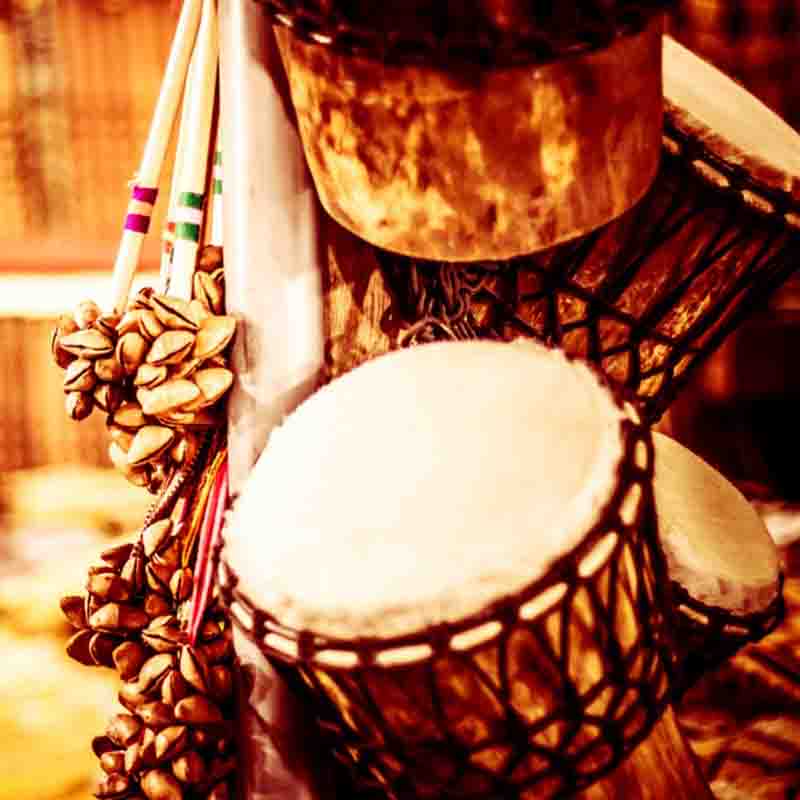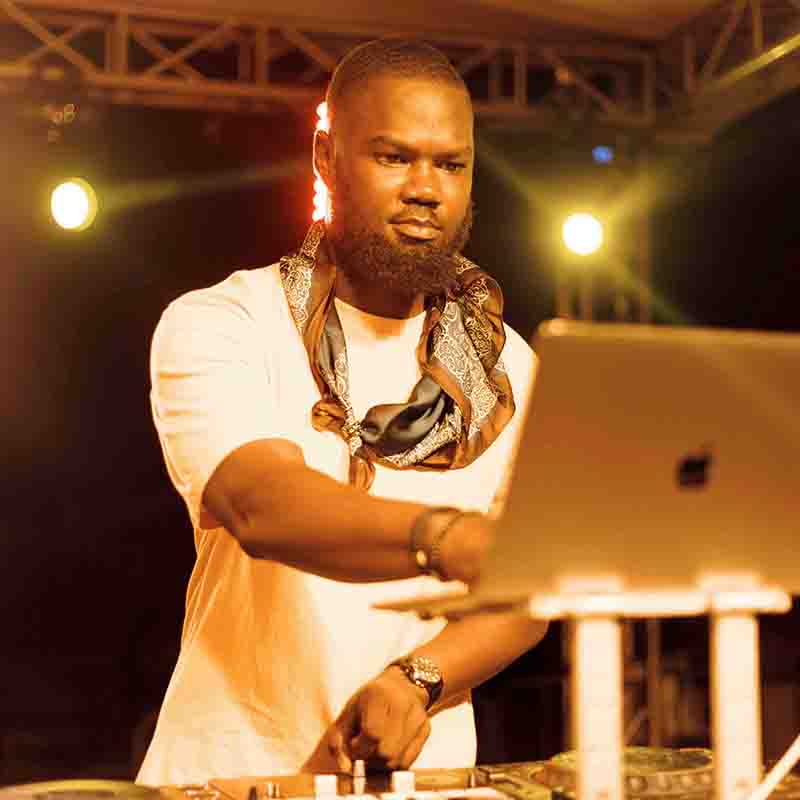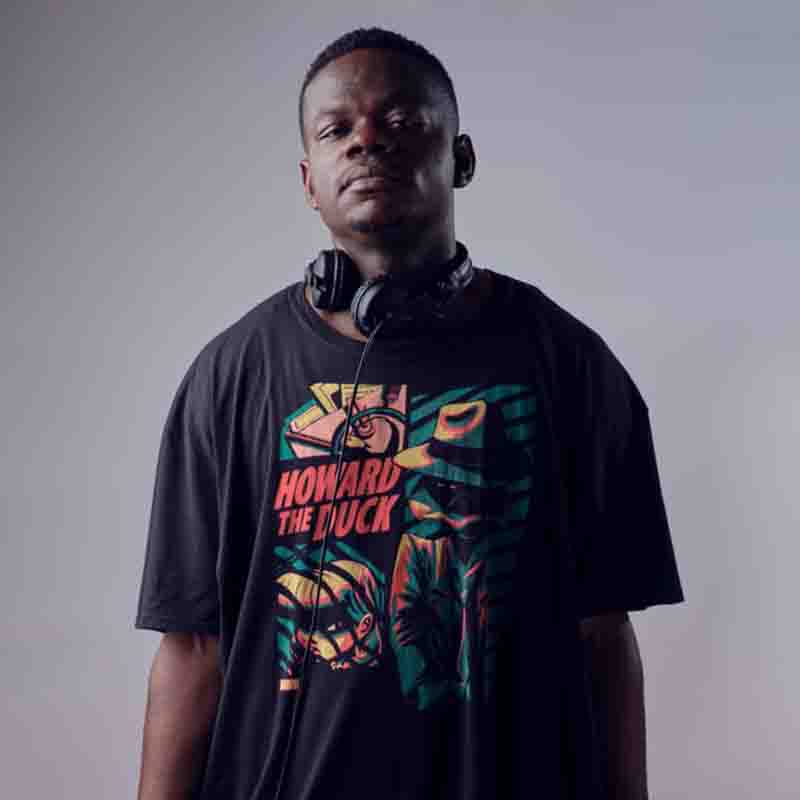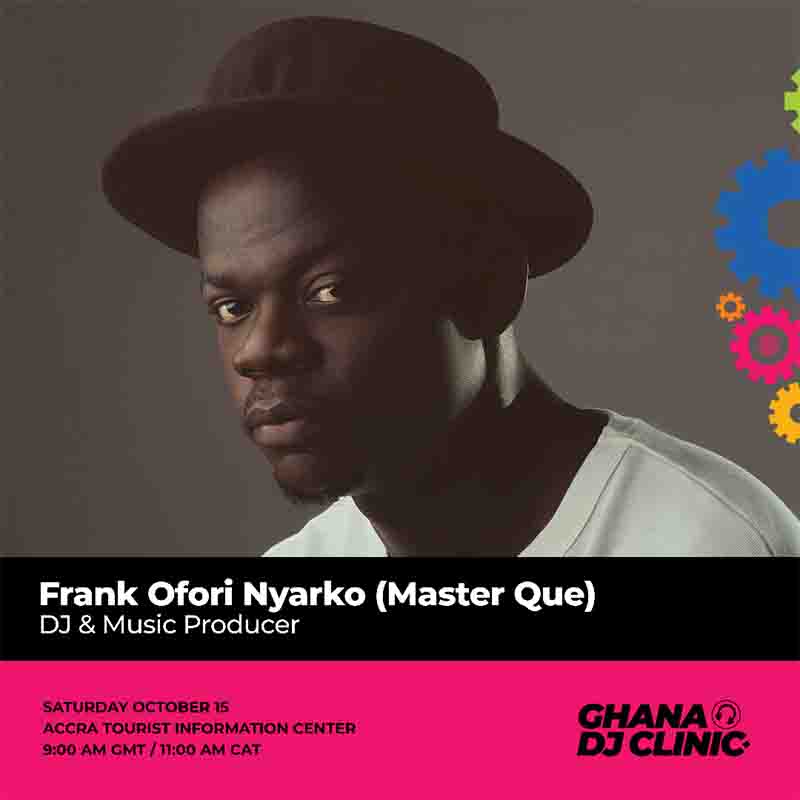Afrobeats is one of the fastest-growing genres of music with big names like Tiwa Savage, Sauti Sol, Wizkid, and many others taking over the charts. However, Afrobeats has taken on different shades over the years. The genre has evolved over time to include various subgenres that each have their own distinct sound and feel. Here are some of the best Afrobeats 2021 songs that you will need to get in your playlist.
The Afrobeats evolution
Afrobeats has gone through many changes over the years and continues to evolve. In 2011, there were only a few hits on the charts, but as of 2018, there are more than 30 new songs released each week. Artists like WizKid and Stonebwoy have taken their own route with Afrobeats, adding hip-hop influences to their music.
The evolution of Afrobeats is not just limited to its sound; it has also changed in terms of the topics covered by lyrics. Afrobeats started off as a celebratory genre that was all about fun and partying, but now it touches on political and social issues like violence against women, corruption, and poverty in Africa. As Afrobeats continues to grow globally, we can expect to see more creative ways it will be used in popular culture and for expression.
Best of Afrobeats 2021
Afrobeats is a genre of music that has taken over the charts. It's characterized by heavy bass, dancehall-style rhythms, and lyrics that are often political or celebratory in nature.
Looking for some new Afrobeats songs to listen to? Check out these three Afrobeats 2021 songs.
1) "Kofi Kinaata – Behind The Scenes" is a great song about how one hustles to achieve his/her dreams. The lyrics encourage listeners to aim high and not let anything stand in their way from reaching their potential, even if people think they enjoy life alone.
2) "Darkovibes - Je M'appelle ft Davido" - This song is about African pride and features hypnotic beats with acoustic guitar riffs. It features an award-winning Nigerian artists.
3) "AV - Big Thug Boys" - this song made waves on popular social media platform TikTok.
Why is this genre so popular?
Afrobeats has become increasingly popular over the years due in part to the music industry's increasing diversity. In recent years, there has been a rise in the number of Afrobeats artists making waves on international charts. This increased popularity is also attributed to the genre's sound that combines traditional African sounds with Western dancehall-style rhythms.
Afrobeats emerged in Nigeria more than 30 years ago when Fela Kuti combined his music with American funk and disco. The style continued to evolve as artists began adding their own spin to the genre. Today, many Afrobeats songs are used as an expression of political or celebratory messages.
Lyrics often touch on social and economic problems around Africa, though there are also songs that focus on topics like faith or love. The upbeat sound and heavy bass can make listeners feel empowered.
The key to Afrobeats' success is that it conveys a message through lyrics about empowerment and self-love, but also incorporates Western sounds such as dancehall or reggae beats.
What does the future hold for Afrobeats?
Afrobeats has come a long way from its humble beginnings in the 1980s to the massive scene it is now. Here are some predictions for what the future holds for Afrobeats.
-The next big thing will be international collaborations, with Afrobeats artists collaborating with stars from other countries.
-Big names in Afrobeats will become household names, not just on the continent but also internationally.
-Afrobeats songs will continue to evolve to meet listeners' needs, incorporating more of today's popular genres like hip hop and EDM.
-Traditional Afrobeats music might start to move away from mainstream radio and back into live performances and smaller venues.











